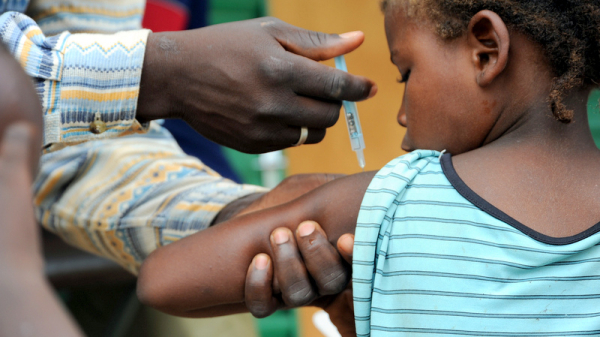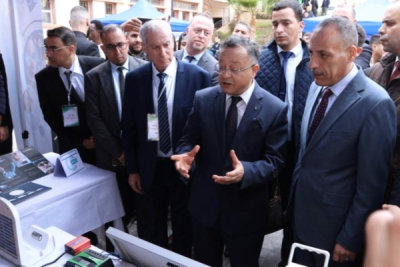In sub-Saharan Africa, the fight against infectious diseases is a major public health challenge. Vaccination remains one of the most effective weapons to fight these diseases and protect public health.
Japan recently contributed US$1.5 million to UNICEF to improve care for unimmunized and under-immunized children “at community level” in Uganda.
According to a UNICEF release dated October 5, 2022, the funds will be used to “roll out a digital health information system that will help reach unimmunized and under-immunized children with required vaccines, and those targeted for COVID-19 vaccination; assist health workers to plan for vaccination supplies, and track COVID-19 vaccination.”
In Uganda, the Ministry of Health faces several challenges including the lack of an accurate or near-accurate source of the actual number of children who have not received their doses of vaccine, the complexity of data collection forms, and the lack of a simplified way to view the status of supplies.
For the UNICEF Representative to Uganda, Munir Safieldin (Phd.), thanks to the planned platform, “the Ugandan government [...] will be able to better manage routine and supplementary immunization, COVID-19 vaccination, vitamin A supplementation, deworming and community nutrition screening data.”
The two-year project will directly benefit 350 health workers and 60 staff from the Ministry of Health and regional hospitals. It will also indirectly benefit 1.3 million children under five in the pilot districts of Kamuli, Kampala, Kamwenge, Lamwo, Mukono, Ntungamo, and Wakiso. “The intervention will also benefit 10 million under-five children at the national level and 21 million vaccinated children aged 12-18 years that will be vaccinated against COVID-19,” the UNICEF release informs.
The funding comes just weeks after the eighth Tokyo International Conference on African Development (TICAD8) held in August 2022. During the conference, Japan renewed its commitment to working on Covid-19 countermeasures, promoting universal health coverage, strengthening health and medical systems, and building better health security.
Samira Njoya



















